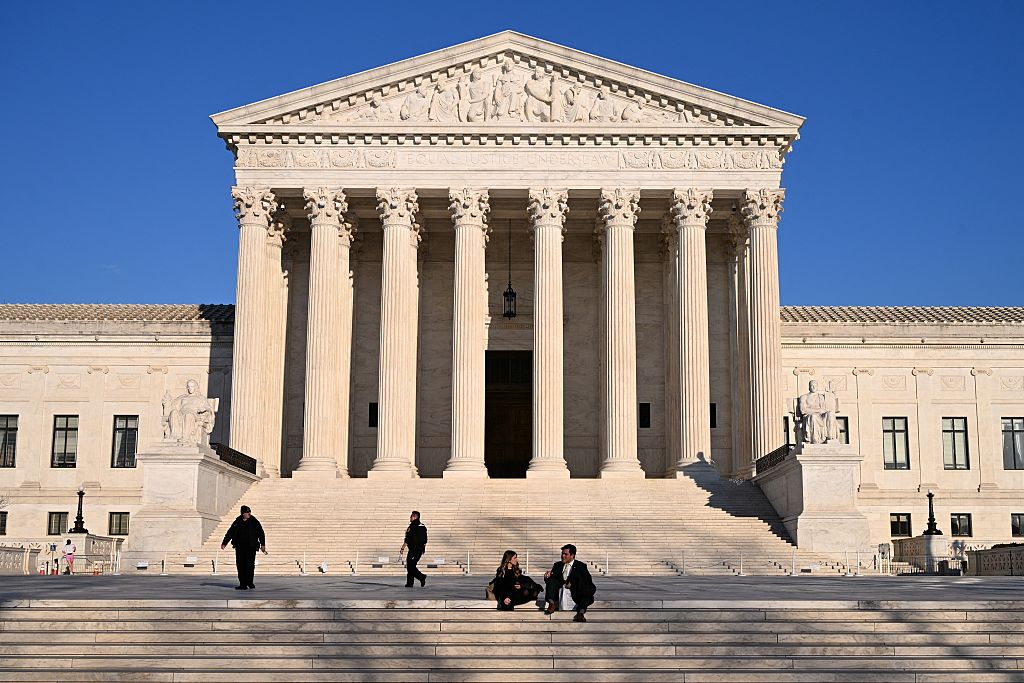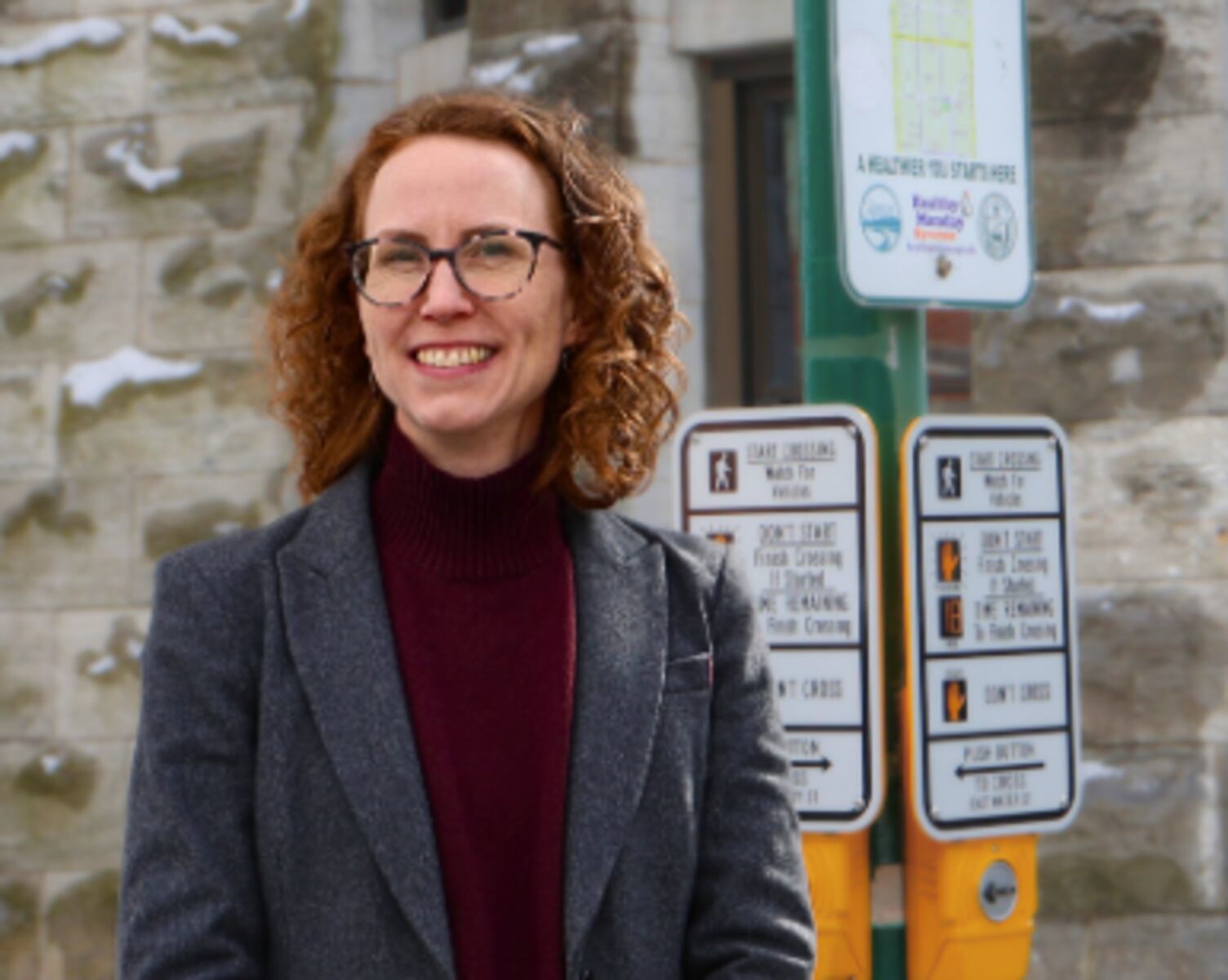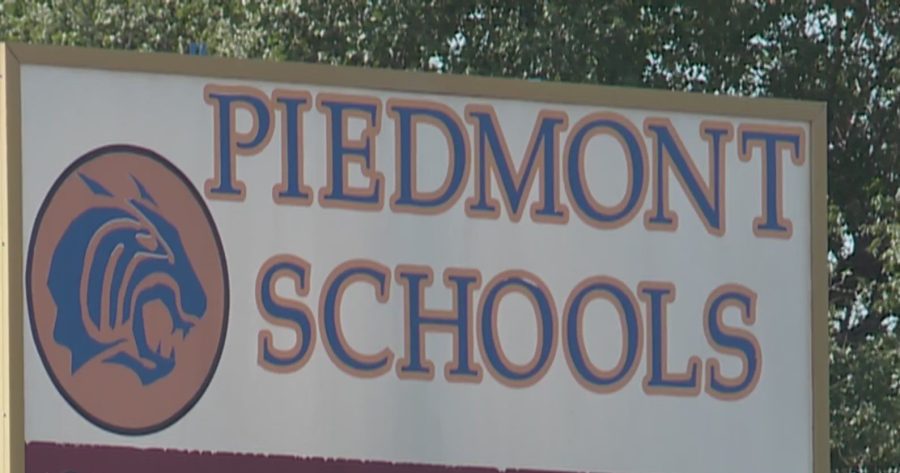A recent forensic audit of municipal election records in Bradley, Oklahoma, has revealed significant irregularities during the town’s elections held on April 6, 2021. Out of the 30 individuals who signed in to vote, only 27 were confirmed as eligible voters, raising concerns about the integrity of the electoral process in this small community.
The audit disclosed that one voter had signed in twice, a discrepancy that went unnoticed by election workers despite the fact that only 30 votes were cast in total. This oversight highlights potential gaps in the oversight mechanisms in place during the election, prompting questions about the effectiveness of current procedures.
Given the small size of the town, where each vote carries substantial weight, the findings of this audit are particularly alarming. The town’s electoral process is now under scrutiny, as residents and officials alike seek to understand how such irregularities could occur without detection.
Implications of the Findings
These discrepancies not only undermine public trust in the electoral system but also emphasize the need for more robust monitoring and verification measures during elections. As towns across the nation continue to address issues related to voter eligibility and election integrity, the findings in Bradley serve as a cautionary tale.
Election officials in Bradley have stated they are reviewing the audit’s findings and are committed to implementing necessary reforms. “We take these findings seriously and will work diligently to ensure the integrity of our elections moving forward,” said the town’s election supervisor.
Efforts to enhance voter education and improve training for election workers may become crucial steps in preventing future occurrences of similar issues. As local officials navigate these challenges, the community is encouraged to participate in discussions surrounding electoral integrity and the importance of accurate voter rolls.
The forensic audit not only sheds light on the specific situation in Bradley but also contributes to a broader conversation about election practices in small towns across the United States. As citizens grow more vigilant about their electoral processes, transparency and accountability will likely become focal points in the ongoing dialogue about democracy at the local level.
The Bradley case serves as a reminder that even in small communities, maintaining the accuracy of election records is vital to upholding democratic principles. As the situation unfolds, residents will be watching closely to see how their leaders respond to these findings and what measures will be put in place to restore confidence in their electoral system.







